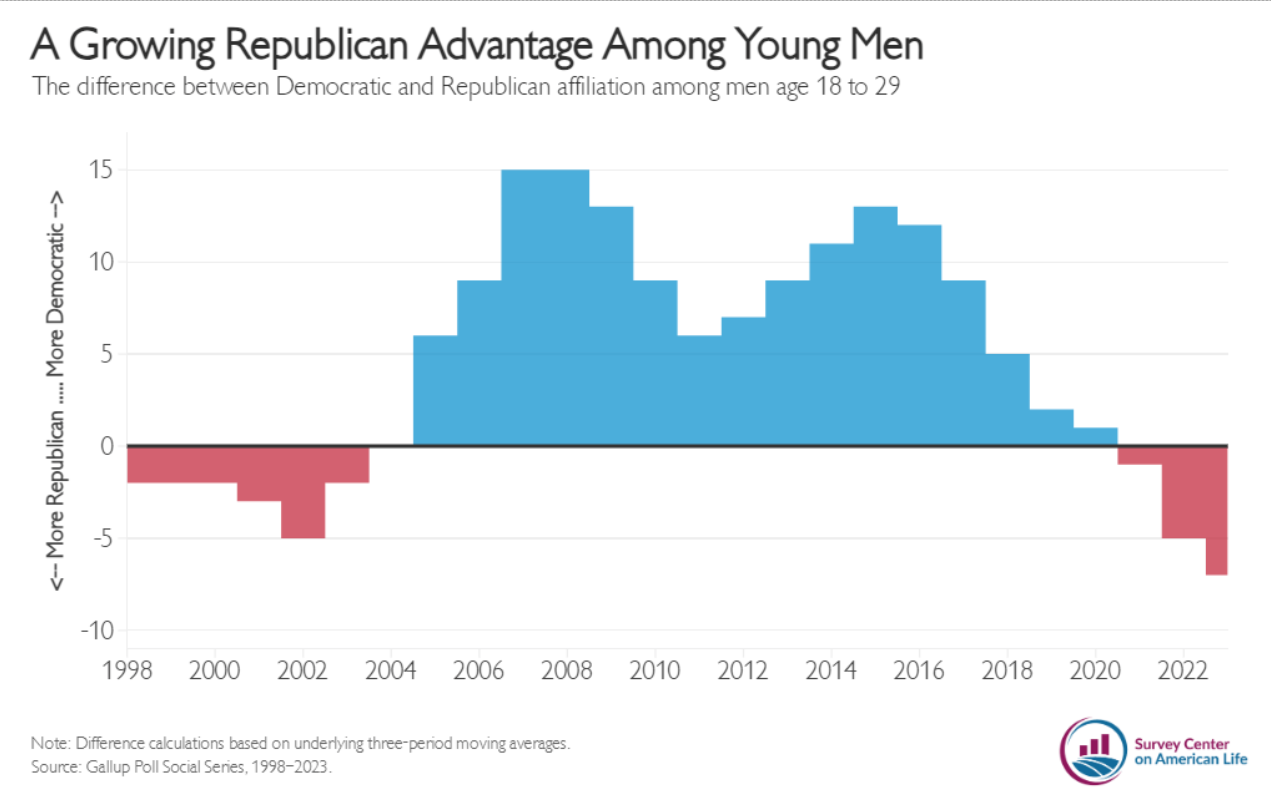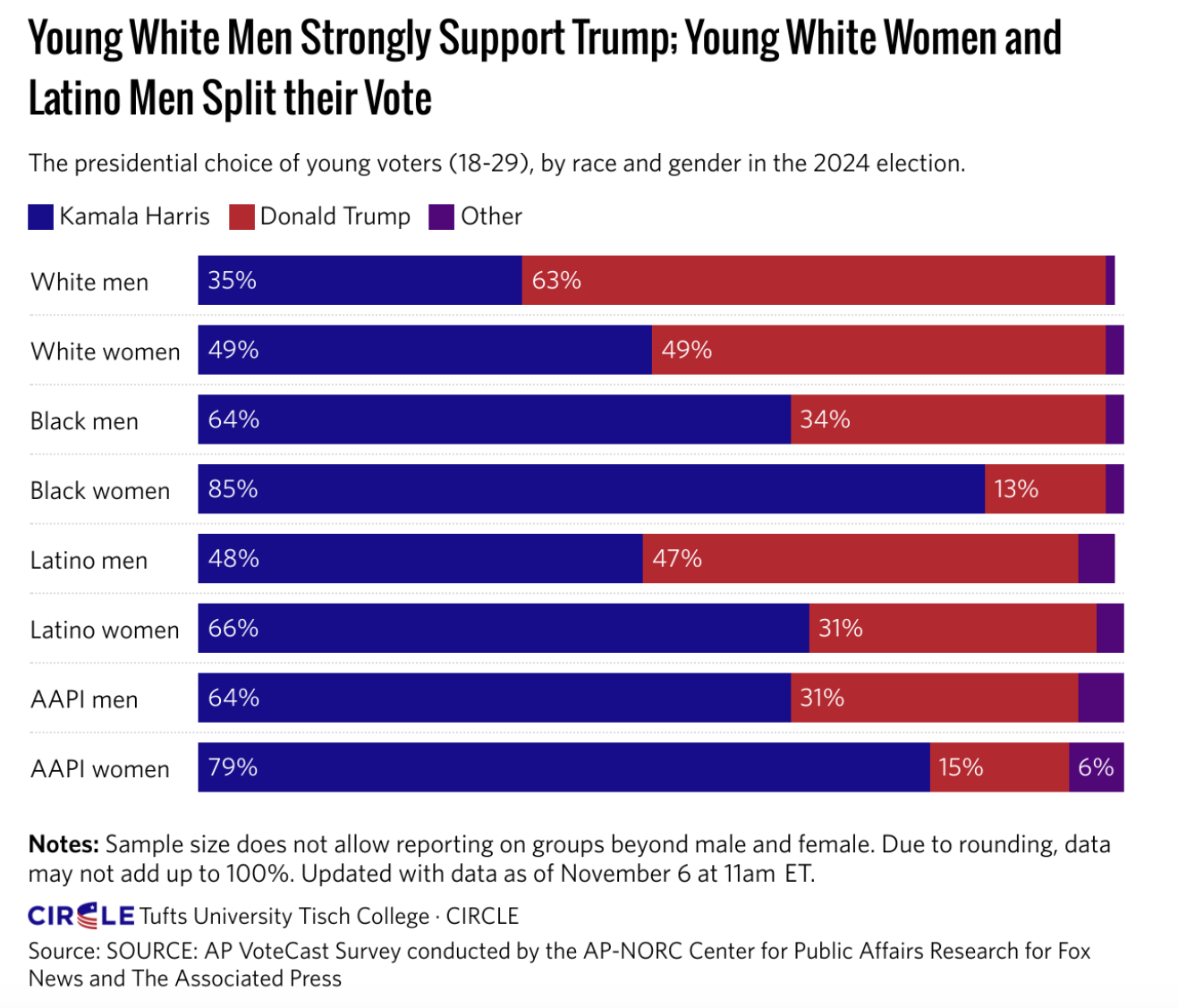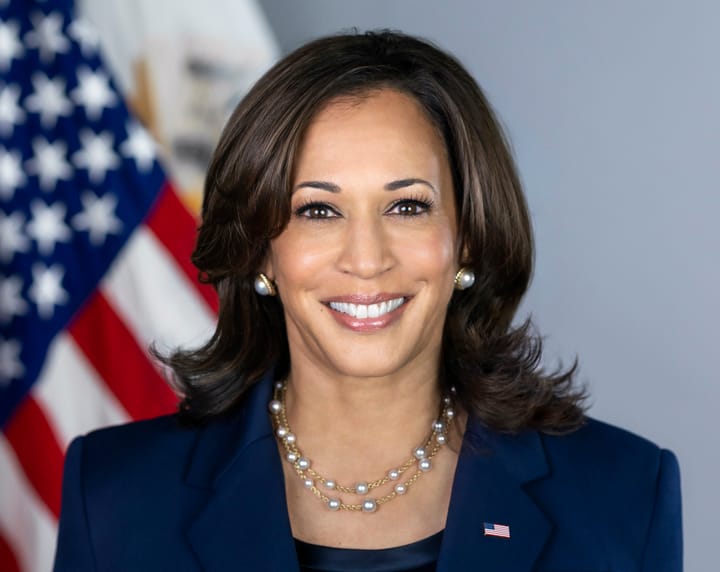A Short Deconstruction of Power and Modern Misogyny
By Mary "Ray" Gromis
With the recent election result in the United States, many people are, justifiably, worried about the evolution or rather the regression of women’s rights, but to understand this regression, one has to understand its roots in the evolution of misogyny.
Gender roles and misogyny run as far back as the hunter and gatherer time period, where differences in physiognomy actually dictated roles. So how come most societies never shook that attitude? How come we never truly leveled the playing field and changed those power dynamics? Is the answer simply the want for power? Or rather the flawed nature of humanity itself. In the beginning, misogyny was the attitude that justified and paradoxically stemmed from patriarchal power structures. Today, though the patriarchy is not as prevalent, misogyny is still used to justify keeping women at a lower status.
Today’s misogyny stems largely from male insecurity. As women gained more power and autonomy, many men felt that this trend toward equality was depriving them of control over women; of power. Society has glorified power to the extent that any loss of power over women feels like a personal loss to many men.
Therefore many men see feminism as asking for too much, they see the fight for equality as an attack on their liberties.
In the United States, extremists have used this internalized misogyny to manipulate men into becoming hard core misogynists. Thus began the trend of right wing media spreading extreme old world ideals. From Andrew Tate to Tucker Carlson, what began as a small community of incels has become a nationwide plague. These podcasters and media anchors preach that equality means a loss of men’s rights.

This rising sentiment among men can be led back, as misogyny often is, to the systematic patriarchal values upon which our society is based. While women have suffered under this system continuously, it has also placed a certain pressure on men to step up, to be the man of the house. This pressure is the root of the internalized misogyny with which so many men struggle.
So when confronted with the evolution of misogyny, one has to consider the burden that the system has placed on men as well as women.
Empathy is an important part of understanding the root of misogyny. The macho male ideal that has dictated men shut off their feelings for centuries now, also seems to dictate they shut off their empathy.

So why has this lack of empathy, this macho ideal, this misogyny persisted in our world when we have worked so hard to deconstruct the system that upholds them? The easy way out would be to blame the older generations, to claim it is their fault for not breaking the cycle. Gen Z has been told, since we were young, we would be the ones to break the cycle, to change all the things that have gone wrong. However, this recent election seems to be a major setback. While we have made strides in some areas, we are just as susceptible to manipulation through our insecurities, because, plainly put, we are human. The unrealistic expectation that one generation should be the one to fix centuries of systematic oppression has just increased the pressure on young people.
The root of misogyny today may not be as black and white as some people believe. It is a multifaceted jumble of external pressures and manipulation, as well as internal insecurities. However, none of this means that it is excusable. We have to remember that there is a thin line between empathy and complicity that should not be crossed.


